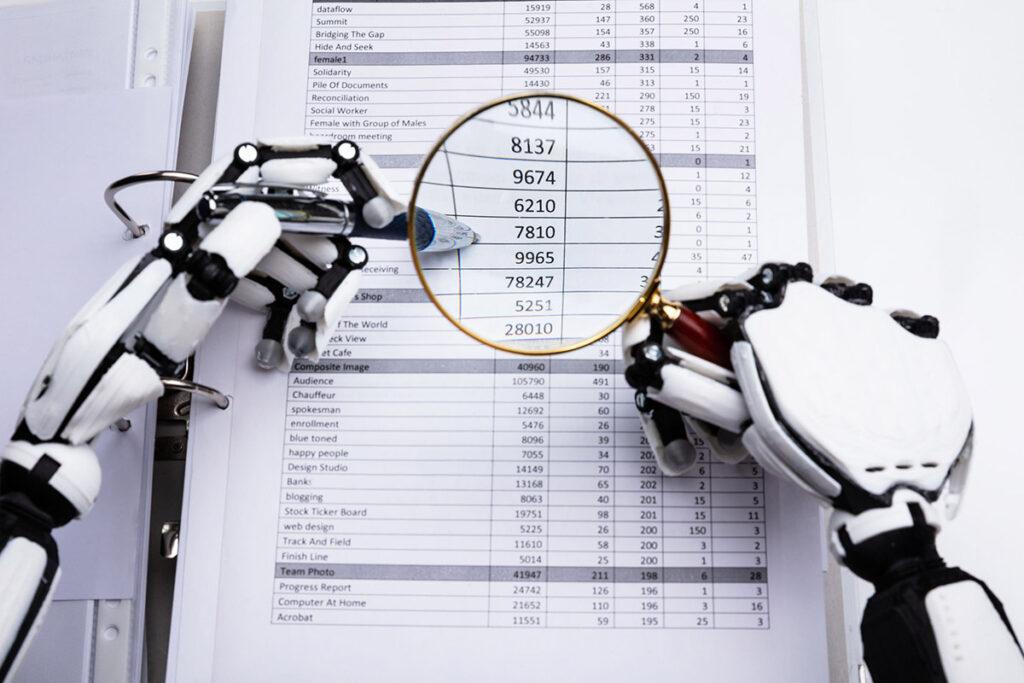Artificial Intelligence (AI) and Machine Learning (ML) are reshaping the auditing profession. From fraud detection to real-time risk monitoring, these technologies are moving auditors beyond manual sampling into a new era of data-driven assurance. If you’re a researcher, audit professional, or firm exploring innovation, here are 20 niches where AI and ML are transforming auditing.
1. Fraud Detection and Prevention
AI-powered anomaly detection tools can identify suspicious transactions faster than traditional sampling, reducing financial fraud risks.
2. Risk-Based Auditing
Machine learning models can prioritize high-risk areas, helping auditors focus on transactions and accounts that matter most.
3. Continuous Auditing
AI enables real-time monitoring of financial data instead of annual or quarterly reviews, making audits more dynamic and responsive.
4. Natural Language Processing (NLP) for Contracts
NLP tools can scan thousands of contracts, invoices, or emails to extract key risks, saving auditors significant time.
5. Predictive Analytics for Going Concern
ML models can analyze financial and operational data to predict company viability, enhancing auditors’ going-concern assessments.
6. Blockchain Audit Integration
When paired with blockchain, AI can validate real-time transactions and improve trust in decentralized financial systems.
7. Forensic Auditing
AI-driven forensic tools help auditors uncover hidden fraud patterns and track digital money laundering schemes.
8. Audit Sampling Optimization
Instead of random samples, AI can select the most representative or risky transactions, improving audit efficiency.
9. Cybersecurity Audits
AI helps auditors assess IT controls, detect unusual access patterns, and evaluate system vulnerabilities.
10. Automated Substantive Testing
ML can automate tasks like revenue recognition or expense categorization, reducing manual workload for auditors.
11. Auditor Judgment Support
AI doesn’t replace judgment but offers data-driven insights, helping auditors make more accurate conclusions.
12. ESG (Environmental, Social, Governance) Auditing
AI tools can assess sustainability reports, carbon disclosures, and ESG metrics for accuracy and reliability.
13. Audit Fee Optimization
Firms can use AI to cut costs by automating repetitive audit procedures without sacrificing quality.
14. Auditor Independence & Bias Control
AI reduces human bias by relying on data-driven insights, though it introduces its own ethical challenges.
15. Legal & Regulatory Compliance
AI ensures that audit evidence complies with ISA, PCAOB, or national regulatory requirements.
16. Unstructured Data Auditing
ML can process emails, social media, and PDFs, giving auditors a broader evidence base beyond structured financial data.
17. Cloud-Based Auditing
AI-powered cloud tools allow auditors to work remotely, securely analyzing client data in real time.
18. Client Relationship Management
AI chatbots and dashboards improve communication between auditors and clients during engagements.
19. Internal Audit Transformation
AI supports internal auditors with risk scoring, real-time dashboards, and predictive insights for decision-making.
20. Future Audit Workforce Skills
AI adoption creates a new niche: training auditors in data science, coding, and AI tool management to stay competitive.
Final Thoughts
AI and ML aren’t just buzzwords in auditing—they’re reshaping how auditors detect fraud, assess risk, and provide assurance. Whether you’re focusing on fraud analytics, ESG auditing, or continuous monitoring, these 20 niches highlight the vast opportunities for innovation.

